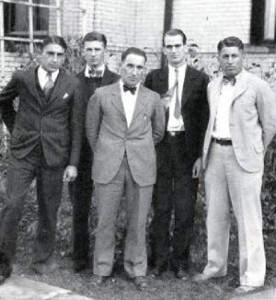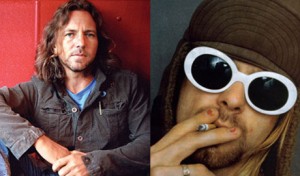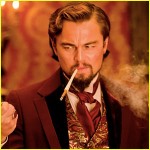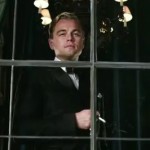I love a study in contrasts.
Back in high school English, my class was assigned Ernest Hemingway’s The Sun Also Rises while another class was tasked with The Great Gatsby by F. Scott Fitzgerald. Being curious, I asked my teacher why we were not all reading the same novel. He told me that he thought the two books were always paired in his mind, contrasting visions of a generation of Americans adrift after the cataclysm of World War I. He liked teaching both at the same time because the immediate comparison illuminated the strengths and weaknesses of each novel. Hearing this, I raced to the book store and bought a copy of The Great Gatsby so that I might do the same mental exercise as my favorite teacher.
I greatly enjoyed The Sun Also Rises; its terse, direct prose and understated emotion garnered my praise in class discussions when few others came to its defense. In truth though, I barely remember that novel now because it paled next to The Great Gatsby. Gatsby was everything I wanted a novel to be at that time and place. For a junior at an all-boys Catholic high school in suburban Detroit, an exciting life seemed a remote possibility (first-world problems, I know). To read the story of a Midwestern boy like myself, who pulled himself into the highest strata of society in pursuit of a lost love was just perfect. It was wish fulfillment that doubled as a badge of prestige. By identifying myself with poor, doomed Jay Gatsby, I was saying that was the life I wanted.
Not in the particulars necessarily, but in the big, broad symbols and emotions that Fitzgerald embraced and Hemingway kept at arm’s length. I would be that rare, successful somebody who kept his soul locked away from greed and avarice. Maybe I wouldn’t be grasping for a green light at the end of a dock, but something similarly romantic and important would work just as well. The Great Gatsby gave me that dream, that dream of America as a land of endless opportunity, even as it devoured those who dreamed too big.

[Read more…]





